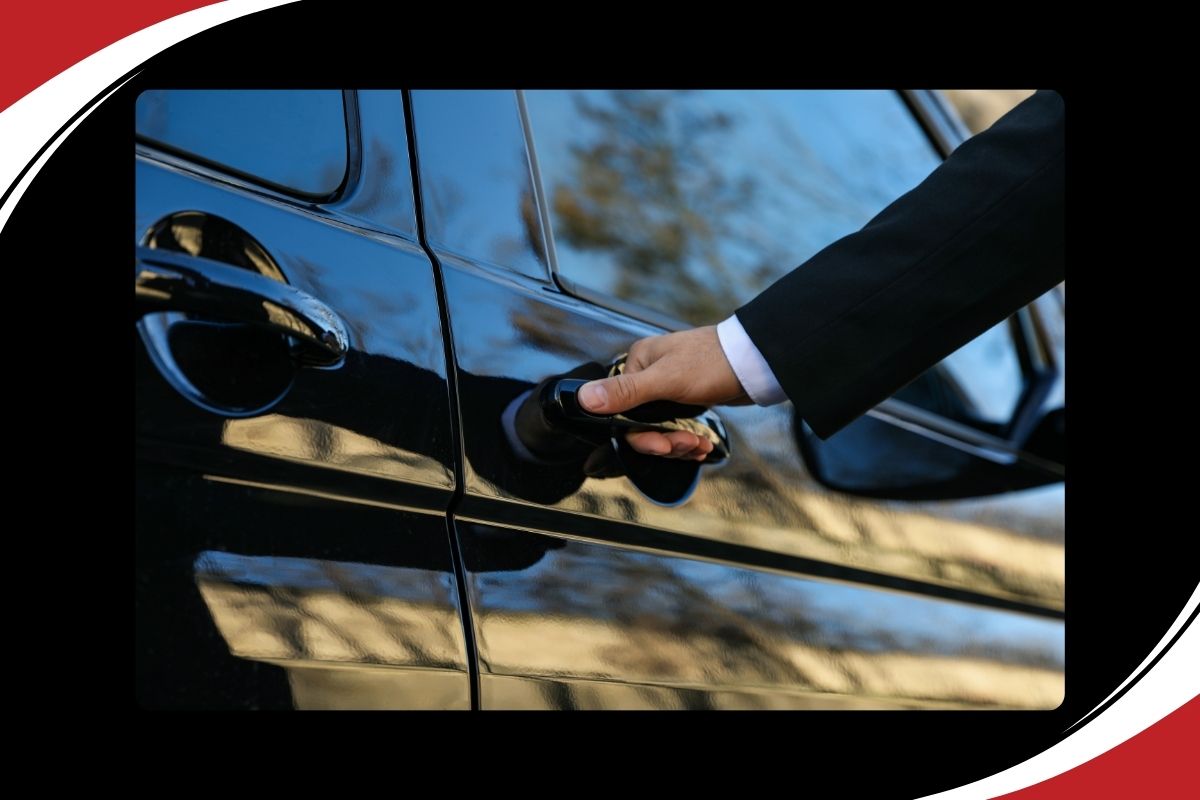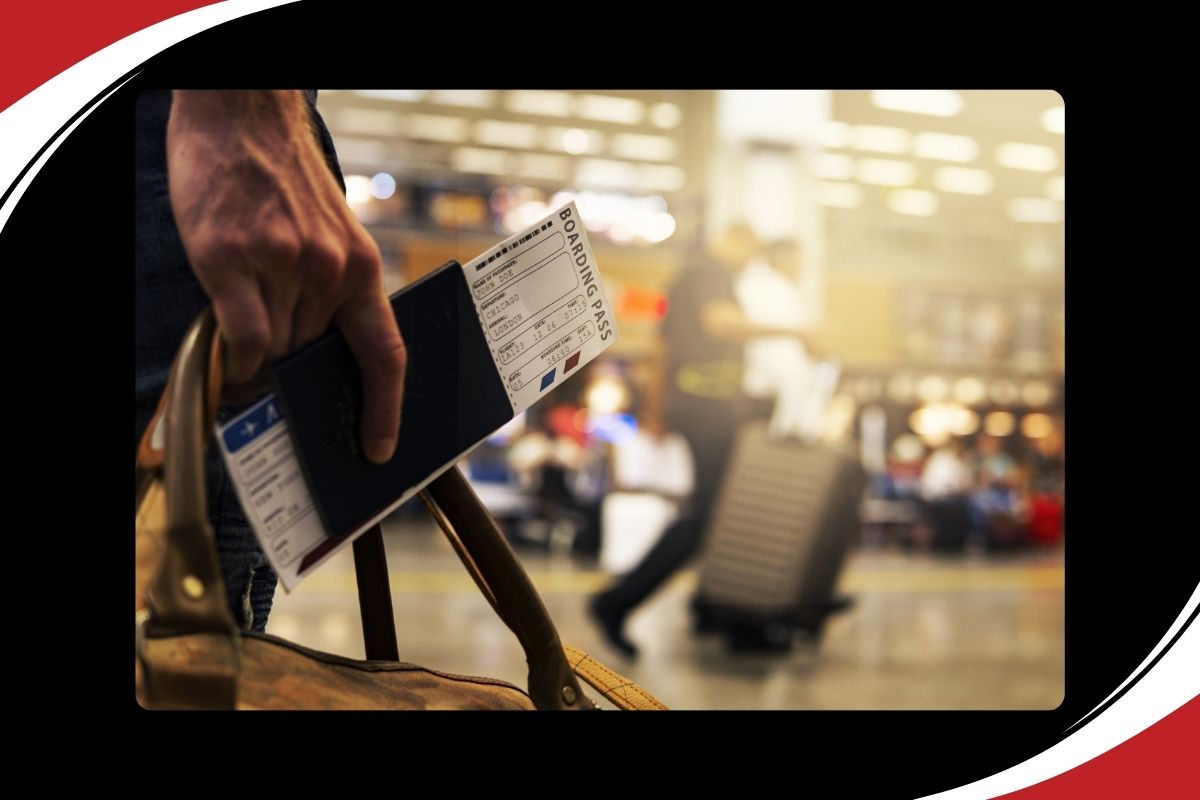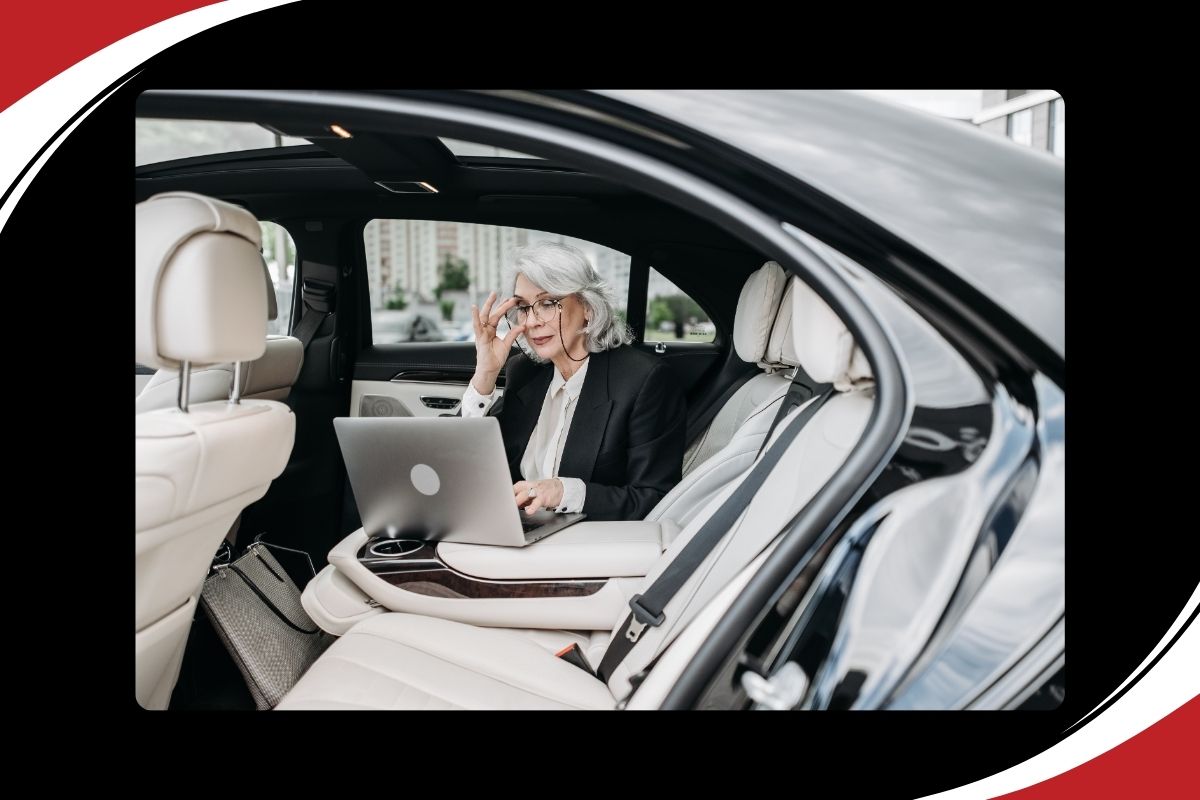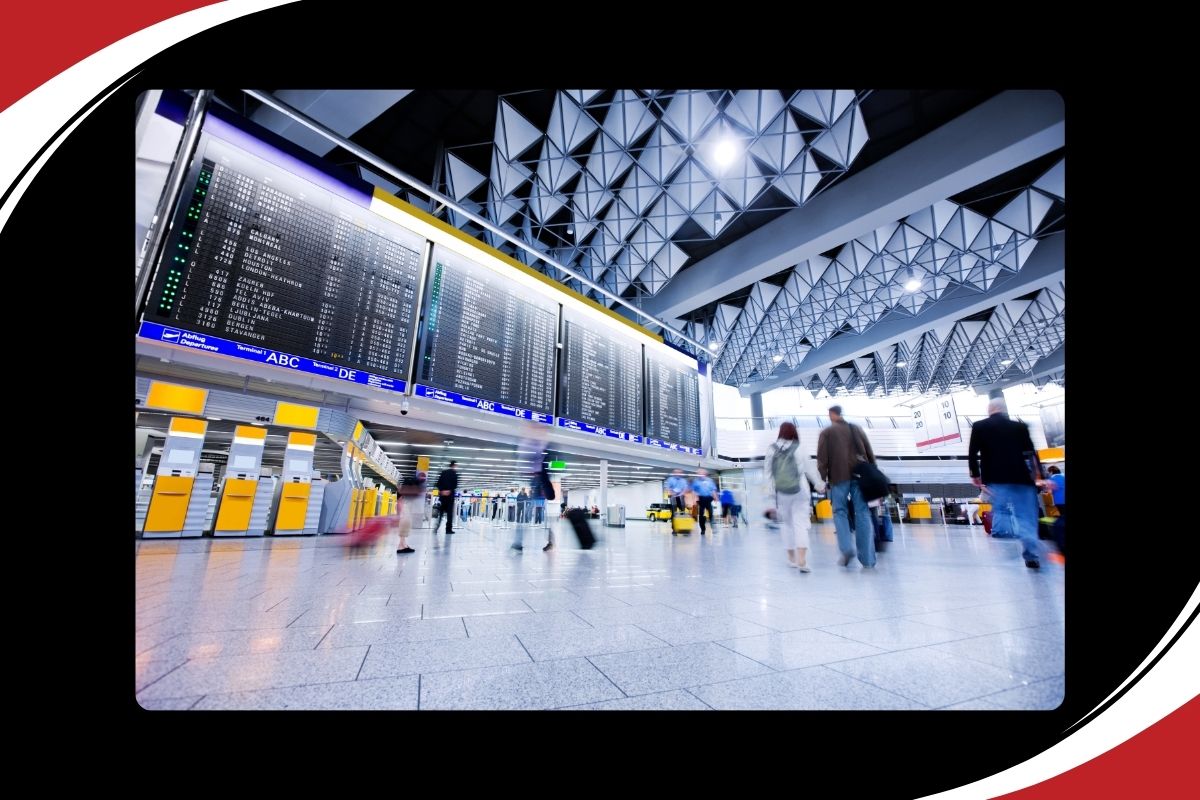Much of California’s gig-economy business could hinge on voters’ interpretation of just 13 words in Proposition 22.
As they show up to pick between Joe Biden and Donald Trump on Nov. 3, Californians also will be asked to vote on Proposition 22. It would preserve the status of gig-economy drivers as independent contractors rather than employees, permanently enabling companies such as ride-share and food-delivery platforms to skirt regulations mandated by Assembly Bill 5, which went into effect on Jan. 1 of this year. The proposition would also, among other things, generally provide drivers with increased pay and some insurance and health benefits.
Those in support of the initiative, including Uber and Lyft have poured more than $186 million into the cause, highlighting the importance of mostly maintaining the status quo of the gig economy.
The reclassification would be so disruptive that in August both Uber and Lyft threatened to shut down their ride-hailing businesses in California if the timeline on the requirement was not pushed out.
The total invested by those against Proposition 22, including several labor unions, amounts to pennies compared with those in favor of the initiative. But the way the question is being posed could tilt the odds in opponents’ favor. Per its title, Prop 22 “exempts app-based transportation and delivery companies from providing employee benefits to certain drivers.” In the words of an opinion piece that ran over the summer in the San Francisco Chronicle, that language “all but cries out for voters to reject it.”
With that in mind, the firm notes that only about a third of voters they polled in August said they were aware of Proposition 22, with 34% undecided on how they will vote. A late September poll by the same firm found 53% of voters said they plan to vote yes, just over the more than 50% needed for the initiative to pass. However, a September poll by the Institute of Governmental Studies at the University of California, Berkeley, found just 39% of voters intended to vote for the initiative, with 25% still undecided.
While these companies seem perpetually optimistic about their chances come November, investors should take note: It is entirely possible that one sentence could at least temporarily derail the whole California operation.
Established limousine service owners, including Drivers Unlimited, are against Proposition 22 because they say that the ride share companies are not playing on a level field. They site that Uber and Lyft do not have to incur the costs of payroll taxes or workman’s compensation insurance adding 10% to traditional limousine services bottom line costs. Reclassifying Uber and Lyft drivers as employees would in their mind go a long way to making competition fair.





